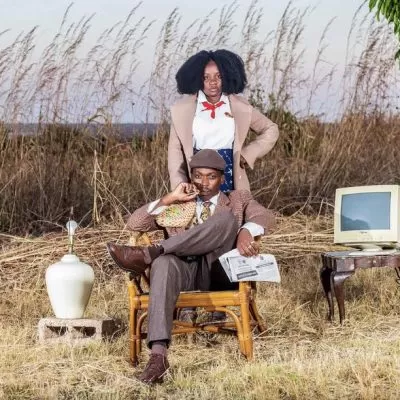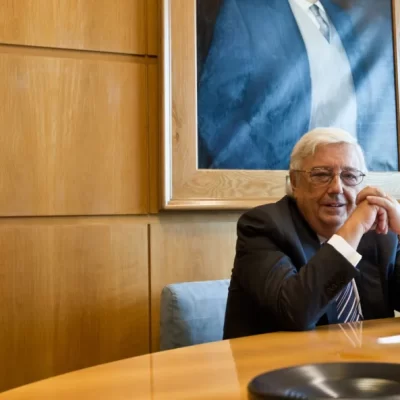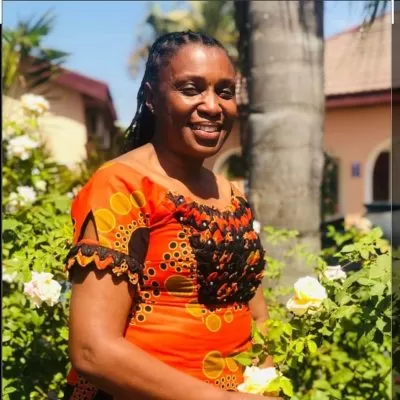Zambia Police Guards
By Mthoniswa Banda[i]
Dear Mr President,
ZAMBIA plays host to about 19 local and international commercial banks with an average of 65 branches per each bank in Zambia.
Zambia also hosts members of the diplomatic corps numbering about 41 embassies and High Commissions. On top of that Zambia hosts international organisations like the United Nations, Common Market for East and Southern Africa (COMESA) among others.
All these organisations and their premises need security to enable them perform their duties and functions.
As has been the tradition from the days of Kaunda to the days of Hichilema, these premises are guarded by the fine men and women of the of the Zambia Police
Mr. President, according to my calculations, there are about three thousand (3,000) Zambia Police officers working as guards through- out Zambia out of the known estimate of 20,000 police officers. This figure represents 15% of the Zambia Police able workforce standing on post or guard looking after private property!
This Mr. President, probably explains why there is never a sighting of the Zambia Police officers on patrol in our compound streets, rural areas or residential areas when one needs them!
In the Cap 107, also known as Zambia Police Act, Mr. President, the function of the Zambia Police is said to be “employed in and throughout Zambia for preserving the peace, for the prevention and detection of crime, and for the apprehension of offenders against the peace and, for the performance of such duties, may carry arms”.
The Police themselves define themselves as a “one of the departments under the Ministry of Home Affairs whose main responsibility is to enforce the law against all forms of crime and disorder in order to maintain peace and order throughout Zambia” and they itemise this responsibility as to protect life and property, to preserve law and order, to detect and prevent crime, to cooperate with the civilian and other security organs established under the constitution, to apprehend offenders against peace; and to preserve peace.
The same Cap 107 (Zambia Police Act) forbid police officers not to engage in other employment as stated in the Act as “No police officer shall, without the consent of the Minister, engage in any employment or office whatsoever, other than in accordance with his duties under this Act.”
And yet, Mr. President, our well trained and well educated Zambia police officers are every day seen standing post in the sun and under the heaviest of rains doing private jobs by guarding the American Embassy, the UN and private banks while crime in Chibolya, Kansuswa, Kyawama and Navutika compounds swells.
While the police play guard in search of private profit at the instruction of their Inspector General at their headquarters, Zambian women and children are being pummelled to pulp in the many reported cases of domestic gender based violence (GBV) and child sexual abuse and defilements.
Mr. President, while the Zambia Police Guards proffer salutes to foreign bosses and private investors in their private premises while smiling like abused children before their foster parents, organised syndicates are using Zambia’s porous borders and un manned rural roads to transport illegally acquired goods and minerals in and out of Zambia. Others have even begun using Zambia as a transit ground for illegal human traffic and drug trafficking trade while others have begun harvesting Zambians as human spare parts for various gory trades taking part in the world.
The deployment of Zambia Police officers to guard private premises not only has it robbed Zambians of the collective services and enjoyment of the presence of the Zambia Police but has compromised the Zambia Police in that now it has to take orders from the private residents and premises that they guard.
The presence of these police officers at high security areas like the embassies and high commissions have also meant that the security gadgets that that Zambia Police carry and weaponry have been at the mercy of these private persons to study and temper with for their private benefits.
Mr. President, all these happenings are oblivious of the dehumanising effect these have on a well-qualified and well trained police force that sends its best to go and play guard at private premises.
This needs to stop Sir.
Let the Zambia Police leave the duties of guarding private property and banks to security firms and other private companies.
In-fact Zambia Police has for a long time been taking away business from security guard companies dotted around the country and has been double eating from both taxes paid by these security firms to government and revenue obtained from charging embassies and banks for security guard services.
The much waited reforms to professionalise and make the Zambia Police a crime fighting and non-corrupt unit, must include the removal of this practice of the Zambia police being reduced to doing menial jobs and services that can easily be sub contracted to private firms and the Zambian youths.
My proposal Mr. President is that let the Zambia Police be broken down to provincial police service.
Let us have a Lusaka Police Service, A Copperbelt Police Service and an Eastern Province Service that will not answer to Lusaka but will run their own police service and deal with their own kind of crime and problems without getting bogged down to political instructions and disturbances from Central Government.
If this happened, we shall need a national crime investigation and crime fighting unit that will coordinate the fight of crime across provincial borders but within the country, like our own FBI (Federal Bureau of Investigation). This Zambia version of FBI will take advantage of brains and skills to engage in proper investigation and prevention of crime.
I am sure you agree with me Mr. President that this trend of having police officers as guards is only alien to Zambia and does not happen even in countries with serious crime and violence like the United States and South Africa.
Let guards be guards and let our Zambia Police Force be there to provide force in times of law and order, crimes and in breaking of the law.
Your sincerely,
Mthoniswa Banda
[i] The Author is a Social Commentator and critic, Lobbyist and Human Rights Defender, Media and Communications Consultant at Mthoniswa Banda Consultancy www.mbzambia.com




